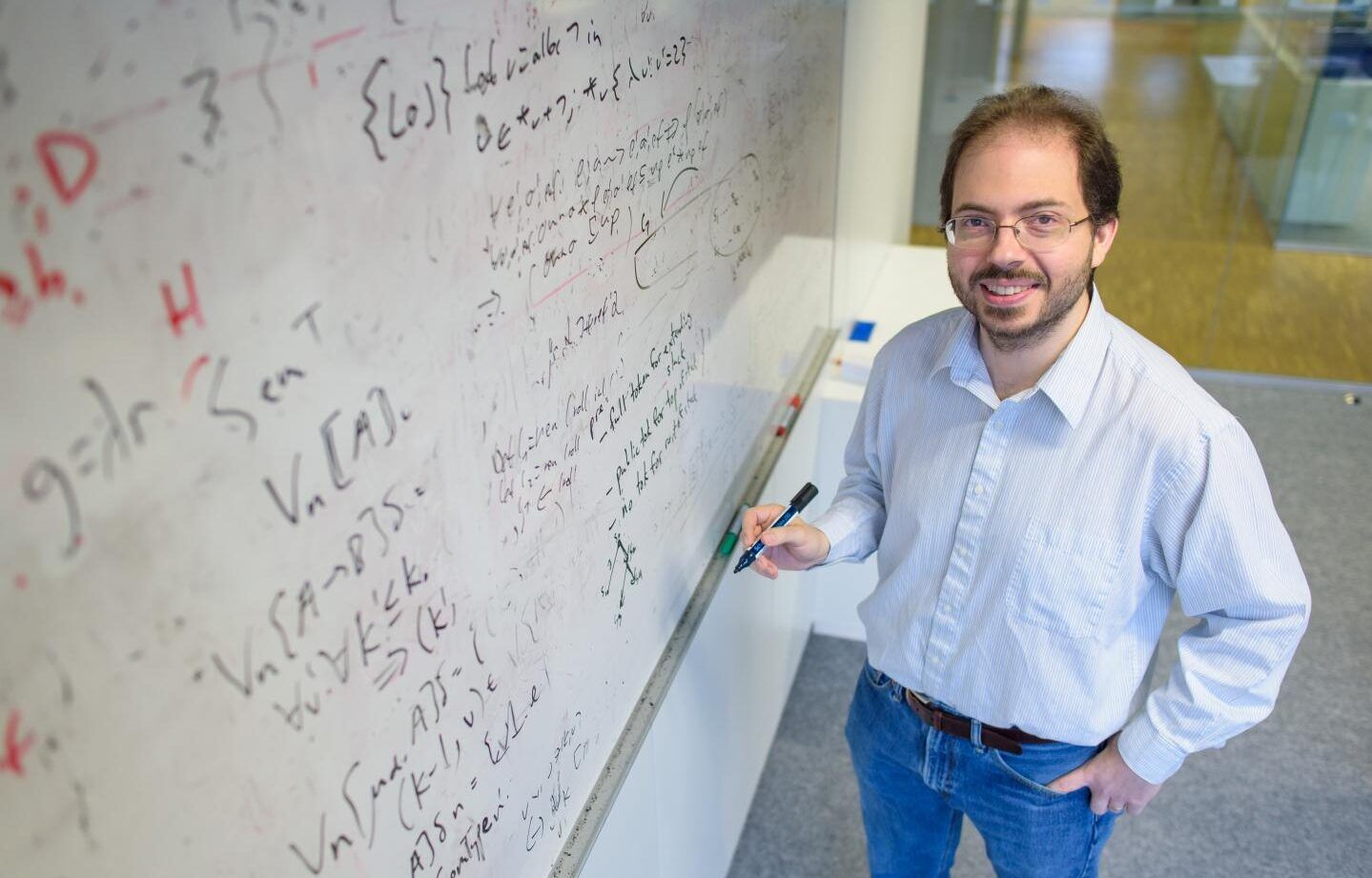News Archive

Prof. Derek Dreyer, head of the Foundations of Programming research group at the Max Planck Institute for Software Systems in Saarbrücken and Kaiserslautern since 2008, and an Honorarprofessor of Saarland University since 2017, has been appointed as a Scientific Member of the Max Planck Society and Scientific Director of MPI-SWS as of May 1, 2022.

The Max Planck Institute (MPI) for Informatics in Saarbrücken (Germany) and Google have agreed on a strategic partnership to establish the “Saarbrücken Research Center for Visual Computing, Interaction and Artificial Intelligence (VIA)” at the MPI for Informatics. The center will conduct basic research in frontier areas of computer graphics, computer vision, and human machine interaction, at the intersection of artificial intelligence and machine learning. The VIA center will be headed [...]

The Saarbrücken computer scientists Michael Schmidt and Bernhard Schommer, together with five colleagues, were honored with the internationally renowned “ACM Software Systems” award for the development of a highly secure compiler. Previous winnersof the award include the developers of the “UNIX” operating system, the “World Wide Web” or the developer of the “JAVA” programming language. The prize is awarded annually since 1983 and is sponsored by IT-company IBM with 35,000 US dollars.

Computer scientist Ingmar Weber will take up an Alexander von Humboldt Professorship for Artificial Intelligence at Saarland University in the coming winter semester (2022/2023). The professorships of the Alexander von Humboldt Foundation are the most highly-endowed science awards in Germany. For scientists working experimentally they are sponsored with 5 million euros over five years and are financed by the German Federal Ministry of Education and Research (BMBF).

The German Research Foundation will fund two collaborative research centers at Saarland University, which already have received funding since 2014, with an additional 18 million euros for four more years. The Collaborative Research Center “Information Density and Linguistic Encoding” focuses on the information density of linguistic expressions. The Transregional Collaborative Research Center “Control of Body Homeostasis by TRP Channel Modules” focuses on proteins that play an important role in cellular processes.
2324252627 ...
70»
